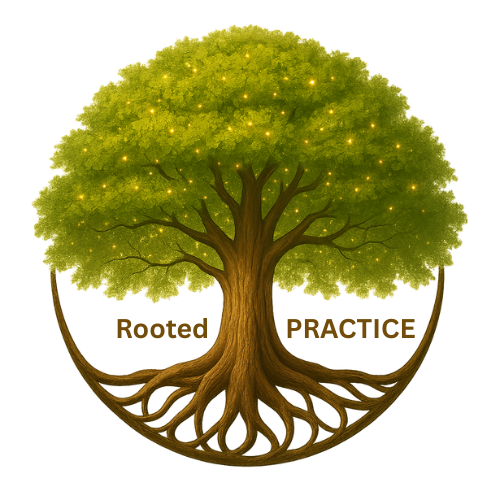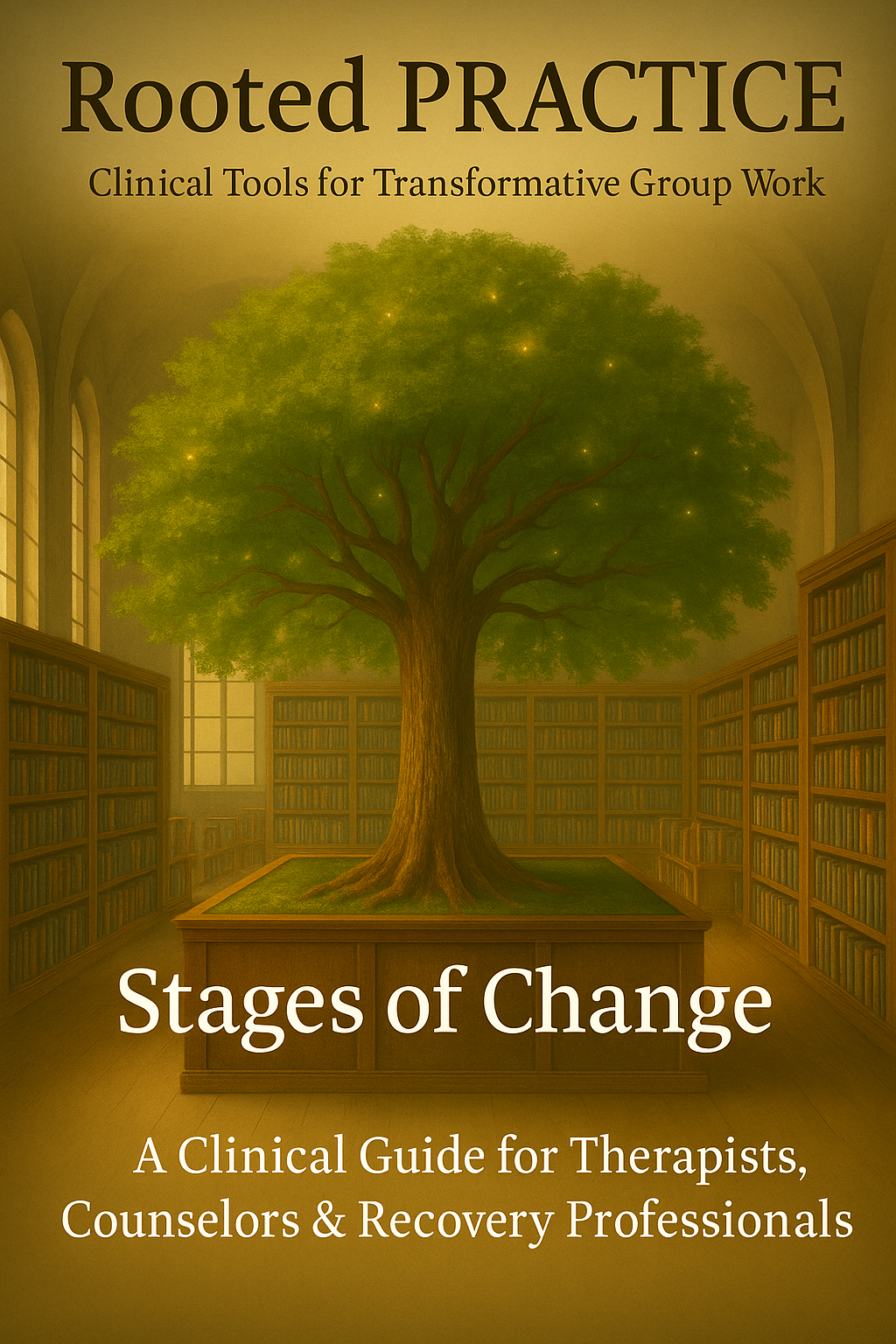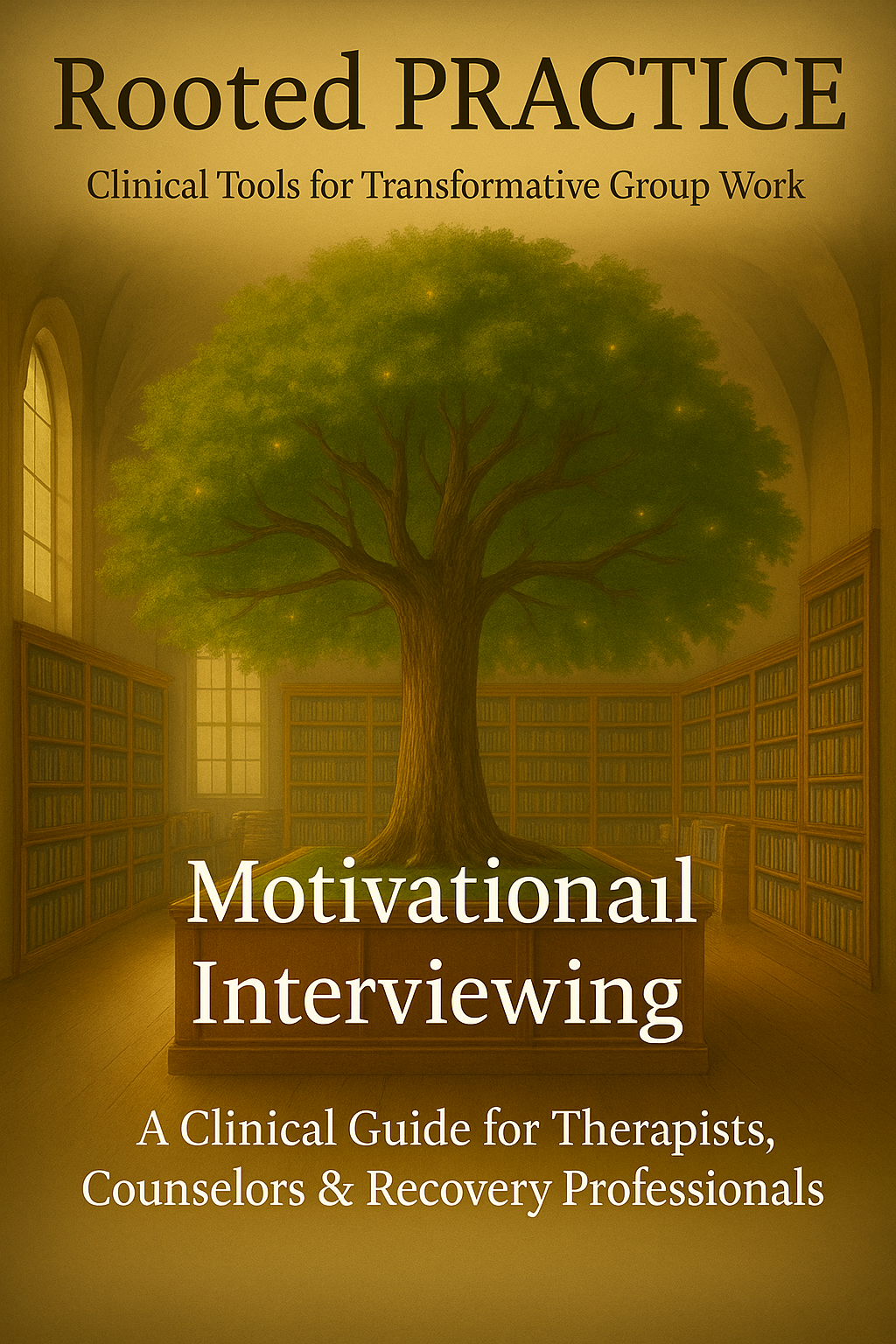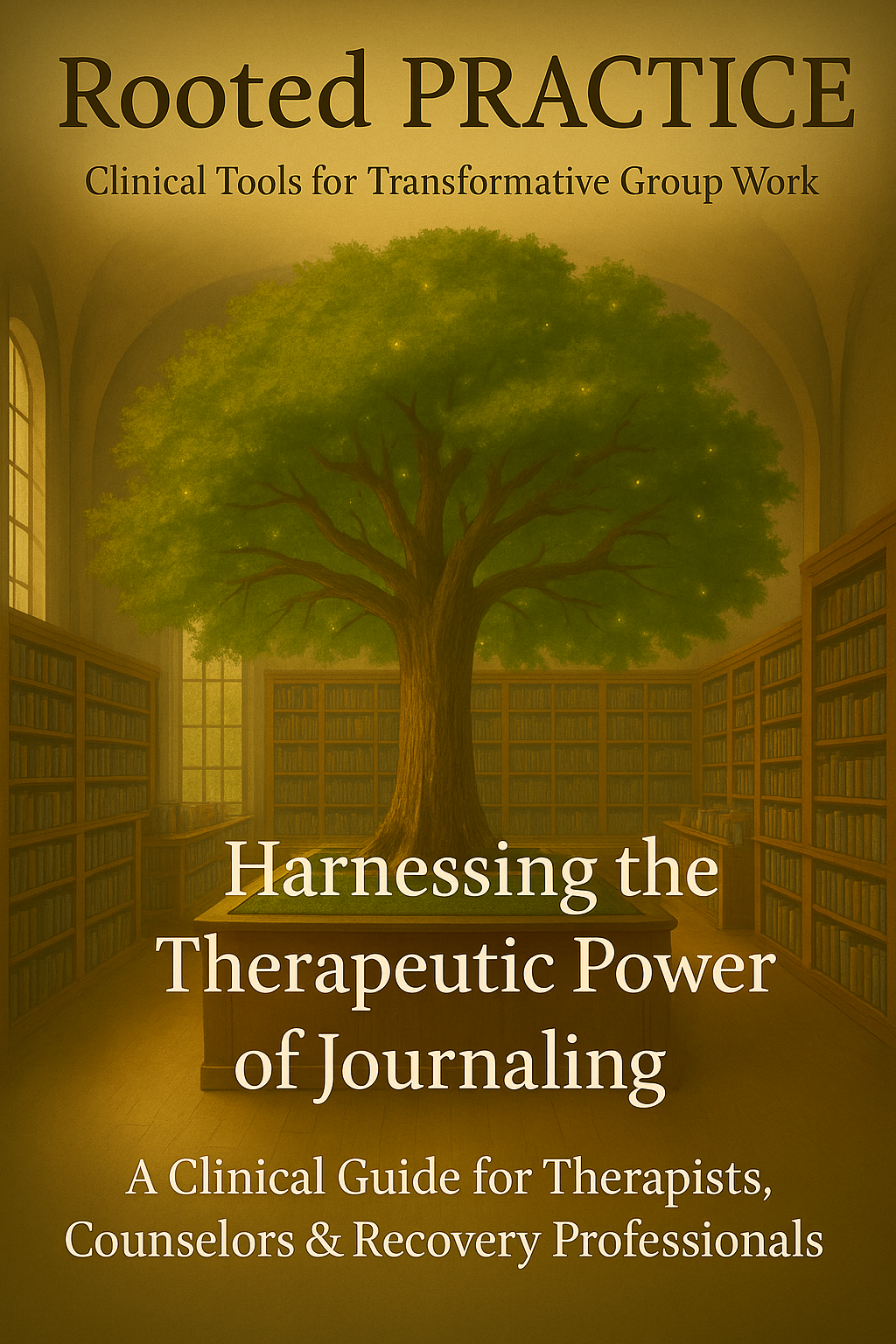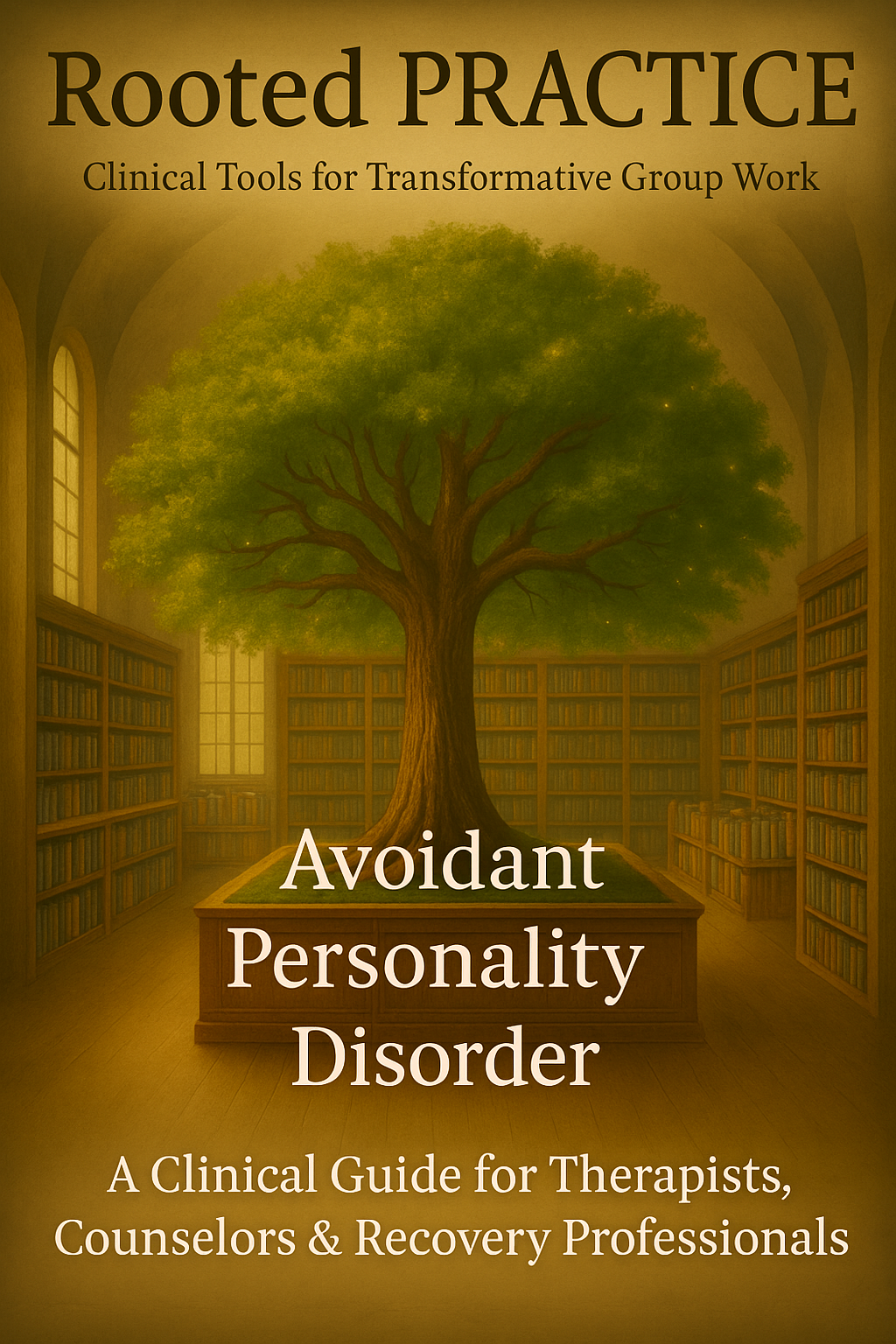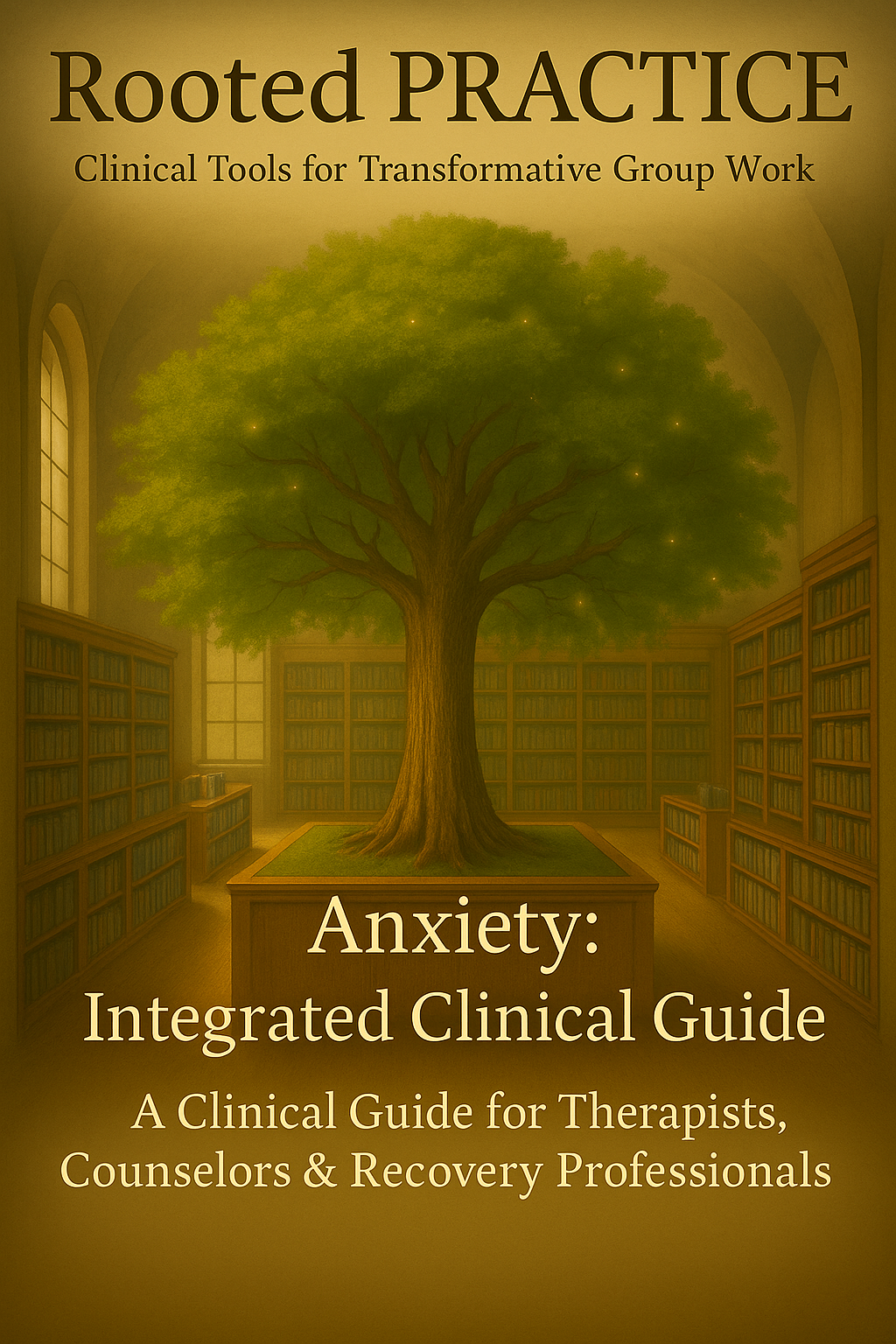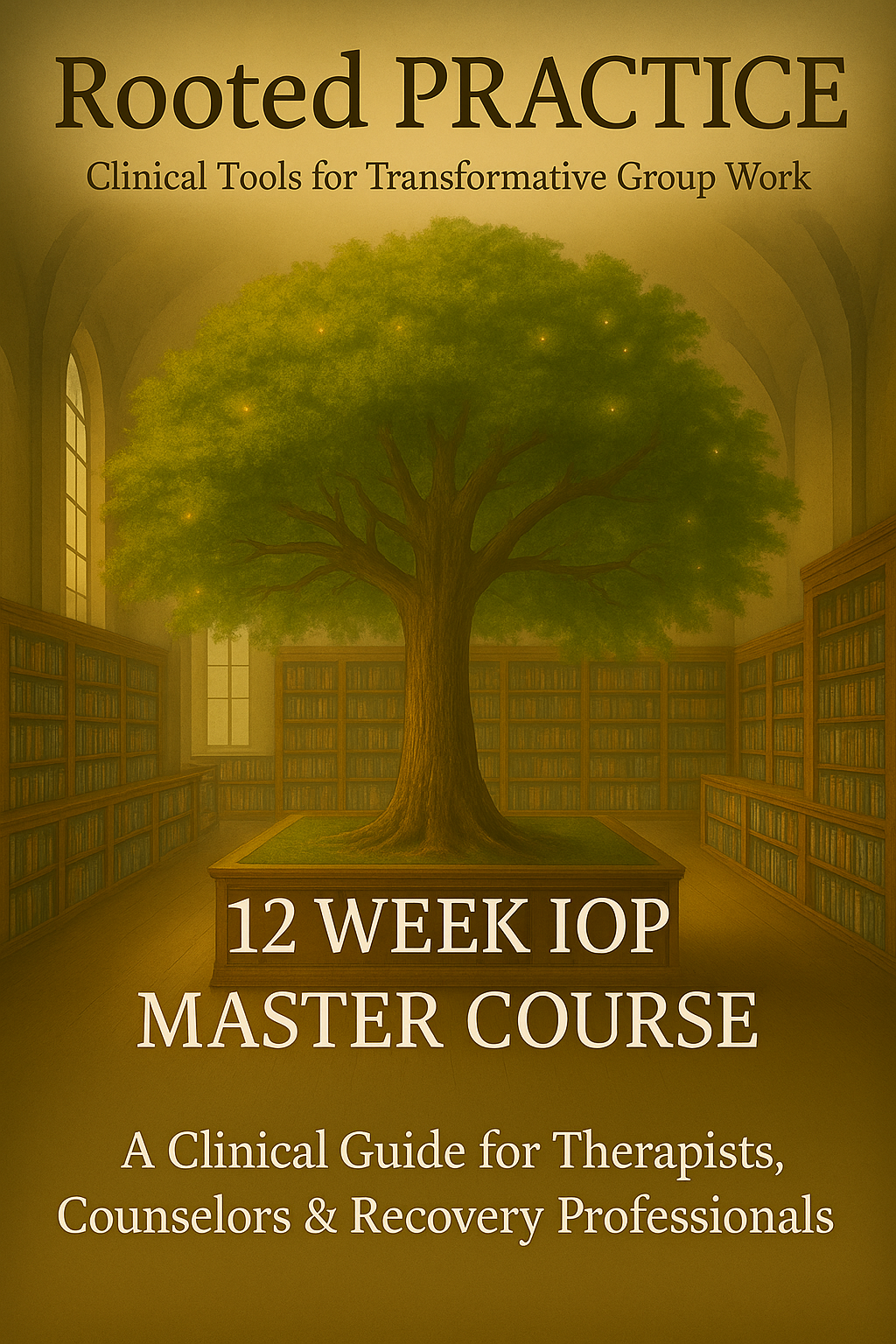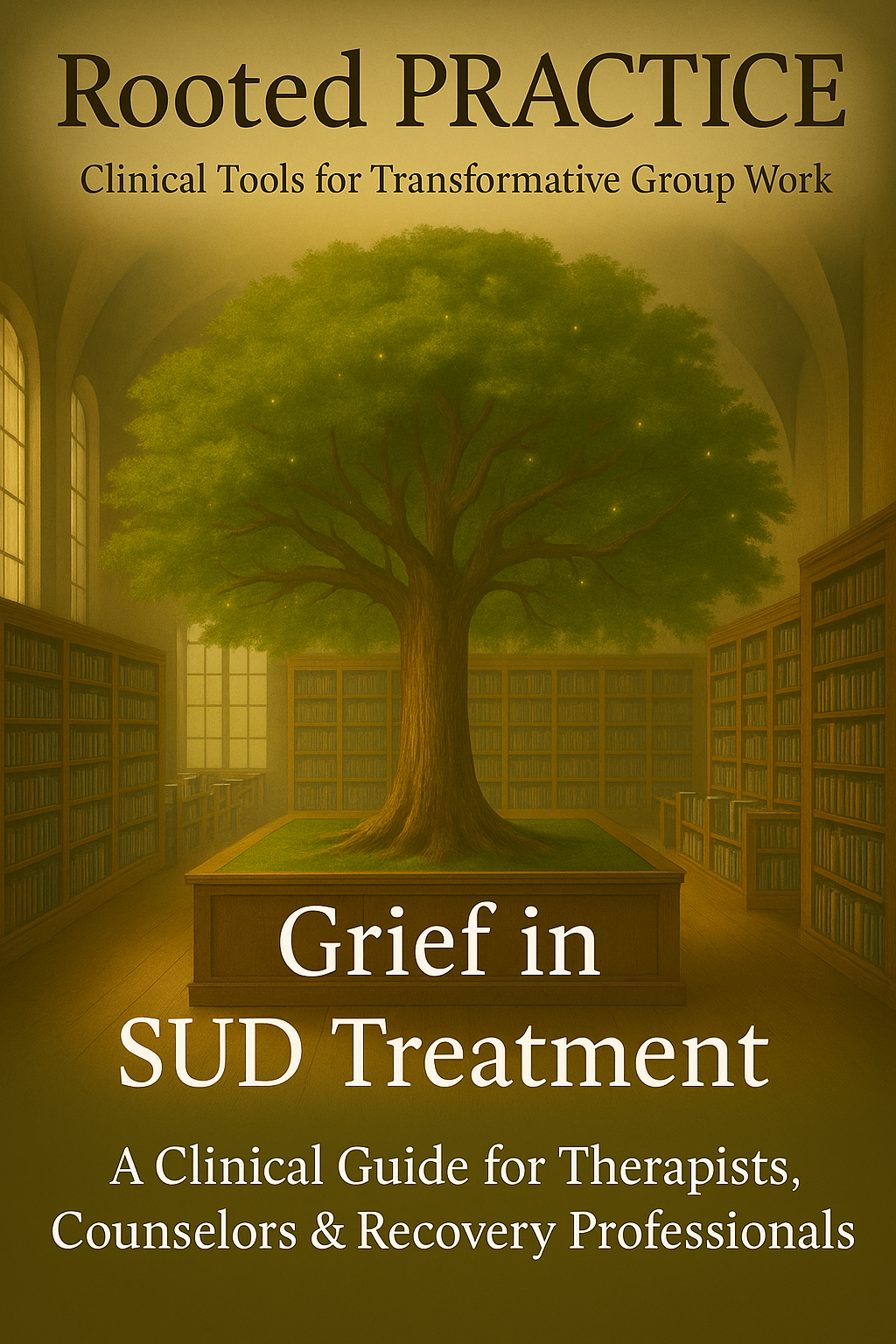Boundaries: A Clinical Guide to Personal Empowerment
Digital Workbook • Printed Manual • Google Sheets Tracker – And More
A Therapeutic Resource for Facilitators, Counselors & Recovery Teams
This practical, trauma-informed guide explores the essential role of boundaries in emotional safety, identity development, and recovery maintenance. Through detailed psychoeducation, cultural framing, and interactive exercises, clinicians and clients learn how to assess, set, and reinforce boundaries across personal, professional, and relational domains.
📘 Key Topics:
- Boundary styles: rigid, porous, healthy
- Emotional, intellectual, physical, and sexual boundary domains
- Cultural and contextual influences
- Scripts for healthy assertiveness
- Boundary violations and recovery
- Guided reflections and take-home worksheets
🛠️ Ideal For:
Counselors • Peer Techs • Facilitators • Clinical Educators
🎯 Why It Matters:
Many clients enter treatment with little understanding of healthy boundaries. Empowering them to set and respect boundaries reduces relapse risk, builds relationship health, and fosters long-term recovery.
Pre-view this product (click here)
PDF – Word Doc (click here) or check out our flipbook digital version (click here)
Boundaries: A Clinical Guide to Personal Empowerment
$65.00
$25.00
SPECIFICATIONS
Format: Digital workbook (PDF), Word Doc, printable handouts
Length: 30+ pages including psychoeducation, prompts, and roleplay scripts
Audience: Peer techs, facilitators, counselors, interns, clinical educators
Core Models: DBT, MI, trauma-informed boundaries education
Tools Included: Scripts, worksheets, journaling prompts, boundary style maps
Usage: Approved for group sessions, clinical supervision, or 1:1 therapy
HOW TO USE
This workbook is designed to support psychoeducation, skills groups, and individual boundary-setting work in recovery settings. Facilitators can lead groups using the included discussion questions, roleplay scripts, and reflection prompts. Use for DBT-based programming, early recovery stabilization, or co-occurring treatment.
Common Applications:
- Core skills group in IOP/PHP
- 1:1 recovery coaching or counseling
- Relapse prevention through boundary mapping
- Psychoeducation for trauma-informed teams
DETAILS
Boundaries are central to recovery, emotional safety, and relapse prevention—but many clients have never been taught them. This guide demystifies boundaries through clear language, trauma-sensitive framing, and interactive exercises. Clinicians and peer staff can use the tools to support clients in identifying, setting, and sustaining boundaries across all life domains. Ideal for both early-stage clients and those in long-term recovery growth work.
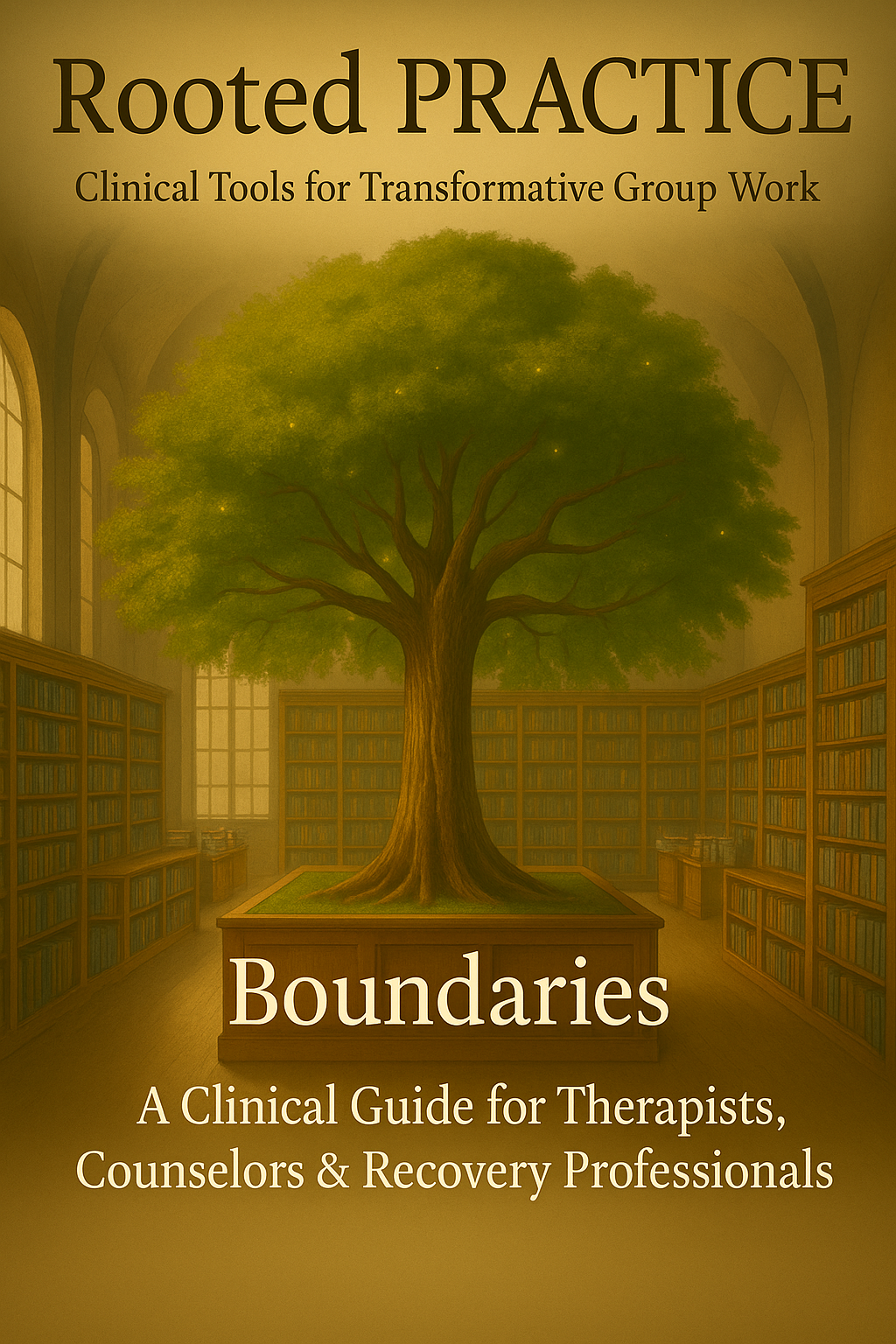
BESTSELLERS
